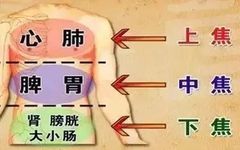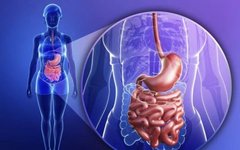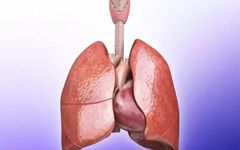The Relationship Between the Lungs and Large Intestine: Are You Eating Right?
Thousands of years ago, the “Huangdi Neijing” (Yellow Emperor’s Inner Canon) revealed the relationship between the lungs and the large intestine. In today’s society, the emergence of many strange diseases is largely related to irregular eating habits, overeating, and the prevalence of various unhealthy foods, leading to frequent intestinal diseases such as colitis, rectitis, chronic … Read more









